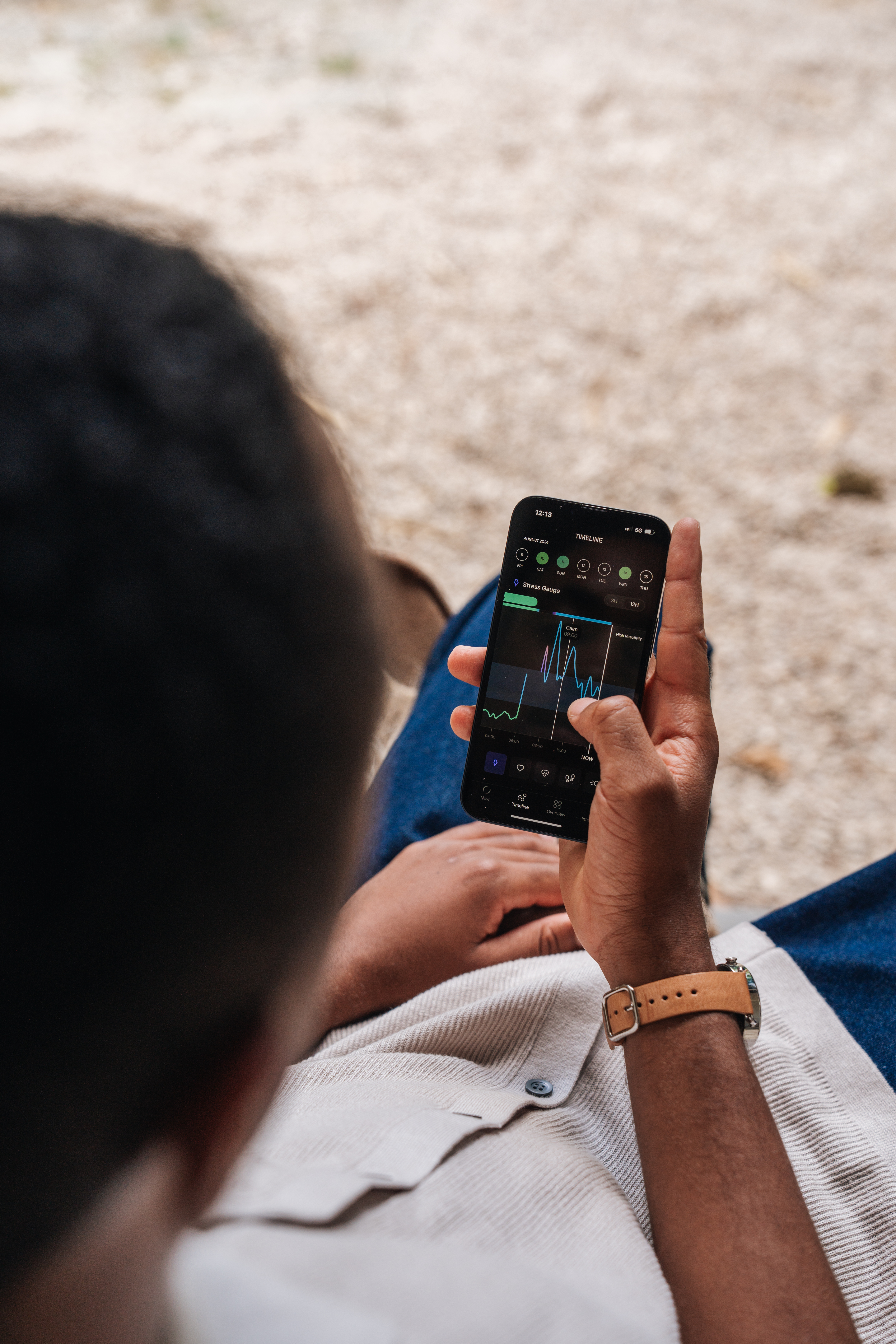Stress is often portrayed as an inherently negative force, something to be avoided or conquered at all costs. However, the latest research suggests this mindset may be oversimplifying a much more complex phenomenon. In reality, stress is an entirely subjective experience—what one person perceives as a threat, another may view as an opportunity.
Changing your perspective on stress could be the key to unlocking its full potential and transforming it from an enemy to an ally.
The Myth of Positive vs. Negative Stress
For years, the conventional wisdom has been that all stress is harmful and should be eliminated. The idea was that certain stressors, like a work deadline or a difficult conversation, were inherently negative and detrimental. Meanwhile, other stressors, like exercise or a new challenge, were sometimes labeled as "good" or "positive" stress.
However, this is strictly binary view of stress. A 2013 study in the Journal of Personality and Social Psychology found that the impact of a stressor depends far more on how the individual interprets it, rather than the stressor itself. In other words, there are no universally "positive" or "negative" stressors—it all comes down to mindset.
This means that even so-called "negative" stressors like workplace pressure or personal conflicts have the potential to be reframed as opportunities for growth and transformation. It's not the stressor itself, but rather our perception of it, that determines whether it will have a constructive or destructive effect.


The Power of Locus of Control
A key factor influencing our stress perception is our locus of control: the degree to which we believe we have power over the events in our lives. Those with an internal locus of control tend to see stressors as opportunities they can influence, while those with an external locus of control are more likely to view them as threats beyond their control.
A 2016 study in Frontiers in Psychology revealed that individuals with a stronger internal locus of control experienced lower levels of perceived stress, anxiety, and burnout. As you might expect, those with an external locus of control struggled to cope with daily challenges and were more vulnerable to the detrimental effects of stress.
The good news is that locus of control is not set in stone. By consciously shifting our mindset, we can learn to view even the most daunting stressors as manageable challenges worth tackling. This is where tools like NOWATCH come into play.

Using Self-Awareness to Move Through Stress
The NOWATCH is designed to help you develop a deeper understanding of your stress response and, in turn, strengthen your internal locus of control. Through continuous biometric tracking, the NOWATCH provides real-time insights into how your body reacts to different situations, allowing you to identify patterns and make targeted adjustments.
For example, the NOWATCH's stress monitoring features may reveal that a certain type of interaction at work consistently causes a spike in stress. Rather than viewing this as an uncontrollable obstacle, you can reframe it as an opportunity to practice stress management techniques or have a constructive conversation with your manager.


Over time, this heightened self-awareness empowers you to take a more active role in shaping your stress response. Instead of feeling at the mercy of external circumstances, you'll develop the confidence and resilience to transform challenges into opportunities for growth.
The key is to remember that stress is not inherently good or bad—it's a natural physiological response that can be positively or negatively influenced by your mindset. By harnessing the power of locus of control and tools like the NOWATCH, you can learn to ride the waves of stress rather than let them knock you down.
